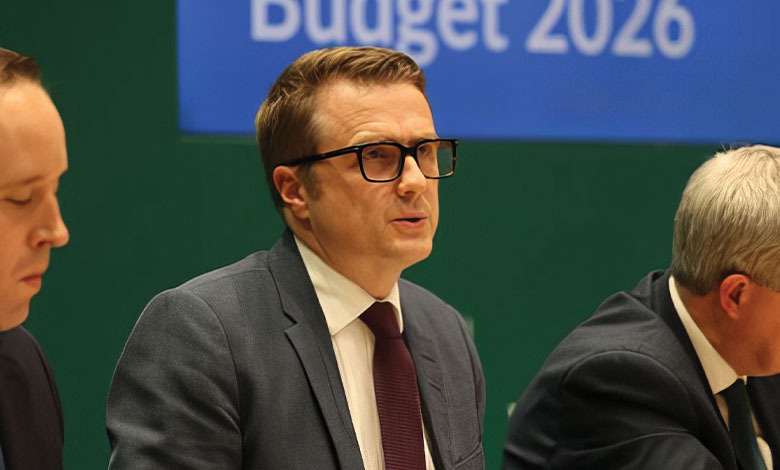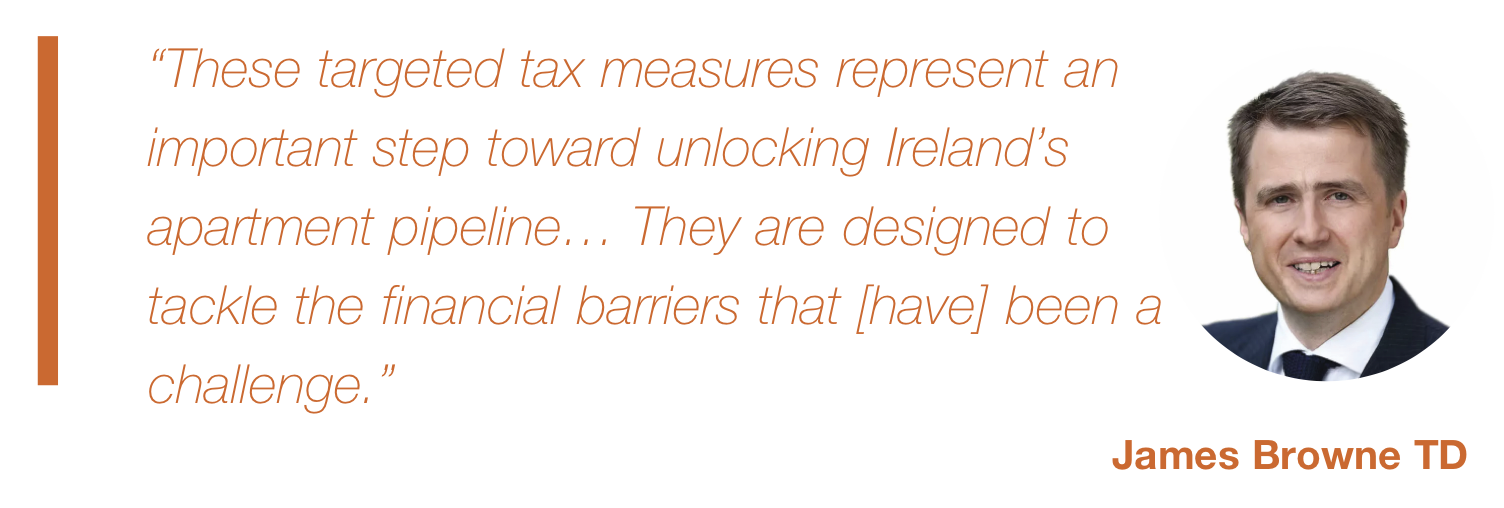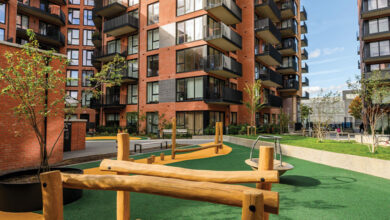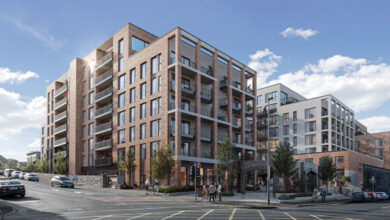Budget 2026 and the housing crisis

As housing becomes increasingly unaffordable, Budget 2026 represents a full-scale embrace of supply-side economics; using tax incentives to stimulate supply, while continuing to hurl vast sums of money toward building an unambitious number of social and low-cost homes.
The Government has allocated over €9 billion in capital funding for housing in a redetermined effort to turbo-charge the delivery of new homes and alleviate the seemingly ever-escalating housing crisis.
This figure consists of €5.19 billion capital exchequer funding alongside investment through the Land Development Agency and Housing Finance Agency.
Delivering the budget, the first since the 2024 general election, Minister of Finance Paschal Donohoe TD said “increasing supply is key” to resolving the housing crisis.
Vowing to “use all polices” at his disposal to increase housing supply, changes to the tax system form the backbone of the measures designed to tackle the chronic housing shortage.
Apartments
To incentivise apartment building, VAT applied to completed apartments will be cut to 9 per cent from 13.5 per cent. Presently, a freshly built apartment on the market for €200,000 includes VAT of about€24,000. Post-budget, the same apartment should see a price reduction to roughly€192,000, including approximately €16,000 of VAT subject to market forces.
Apartments currently under construction will also be covered by the scheme, a decision that “makes absolutely no sense” according to Sinn Féin housing spokesman Eoin Ó Broin TD.
Describing this as a “blatant way” to increase property developers profits, Ó Broin chastised the Government by saying: “You are going to blow €250 million on a so-called activation measure for apartments that are already under activation.”
To reduce the cost of building apartments, an enhanced corporation tax deduction has been introduced, allowing 125 per cent of the actual costs of construction, up to a cap of €50,000 for firms developing 10 or more apartments. Both provisions are time-limited, expiring on 31 December 2030.
Social and affordable housing
With nearly 59,000 households on social housing waiting lists, there is a paramount need to scale-up the delivery of social homes.
Budget 2026 includes a capital allocation of €2.9 billion to local authorities and approved housing bodies to assist in the delivery of 10,200 new social homes, equating to roughly €284,000 per dwelling.
Branding this target “pitiful”, Social Democrats housing spokesperson Rory Hearne TD said: “The Government’s lack of ambition and commitment to addressing a catastrophe that is growing exponentially.”
Furthermore, €1.2 billion has been allocated for the delivery of 7,500 affordable purchase and cost rental homes, averaging €160,000 per dwelling.
According to the CSO, the median price of a property in Ireland is €370,000 as of June 2025.
To support the delivery of affordable homes, rental profits arising from Cost Rental Scheme homes, built post-budget, will be exempt from corporation tax.

Living Cities and derelict buildings
The remit of the Living City Initiative, which supports the regeneration of older commercial and housing properties in Special Regeneration Areas throughout the State, has been significantly widened.
Previously, only homes built before 1915 were eligible for relief under the scheme. After the budget, this has been expanded to include all homes built before 1975.
The relief cap has been raised from €200,000 to €300,000, and the scheme has been amended to support the use of “over the shop” premises.
Considering the ferocity of the housing crisis, the importance of reversing dereliction is paramount. With close to 20,000 derelict buildings throughout the State, a Derelict Property Tax has been introduced. Replacing the Derelict Sites Levy, Minister Donohoe told The Journal that those who fail to pay the tax are liable to be added to Revenue’s tax defaulter list.
Homelessness
Since the formation of the present government in January 2025, there has been a five per cent increase in homelessness, with 16,535 people living in emergency accommodation.
Describing homelessness as “our most pressing challenge… our top priority”, Minister for Housing, Local Government and Heritage James Browne TD announced a €564 million to support homeless services provision, a 72 per cent year-on-year increase.
Describing the additional funding as “undoubtedly necessary”, the Dublin Simon Community urged the Government to go further, warning that “2026 simply cannot be another year of spiralling numbers in need of emergency accommodation, unaffordable rent, and inadequate housing supply”.
Analysis
Ireland is in the midst of a mounting housing crisis. Figures compiled by the Central Statistics Office show that 30,330 dwellings were completed across the state, a 6.7 per cent decrease from 2023, far below the 50,000-target contained in the Revised National Planning Framework.
In 2022, the Central Bank summarised the crux of the crisis as the following: “Fewer houses are being built, for a given level of house prices relative to incomes, than in the past.”
In other words, demand for housing is considerably outpacing supply, causing prices to rapidly increase.
During his budget speech to the Dáil, Minister Donohoe said he was considering “how the tax system can contribute to supporting additional supply”.
The theory is eerily similar to former-US President Ronald Reagan’s fondness for implementing sweeping tax cuts to stimulate economic growth while pumping government funds into defence spending, dubbed ‘Reaganomics’ by critics.
Closer to home, the Irish Government hopes its twin track strategy for addressing the housing crisis: throwing gargantuan sums of money at developing a relatively small number of homes; €4.1 billion for just 17,000 dwellings, while using tax incentives to encourage an increase housing supply at a time of sky-high demand, will continue the boom, but avoid a bust.





